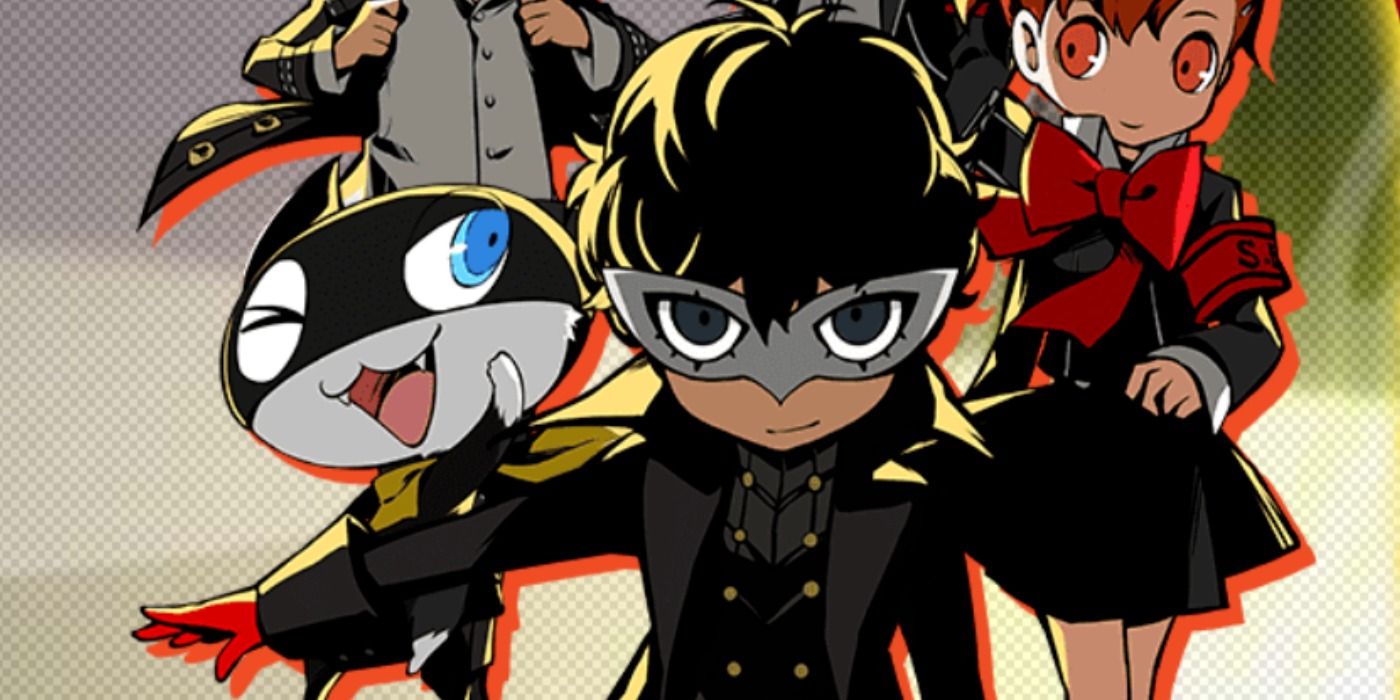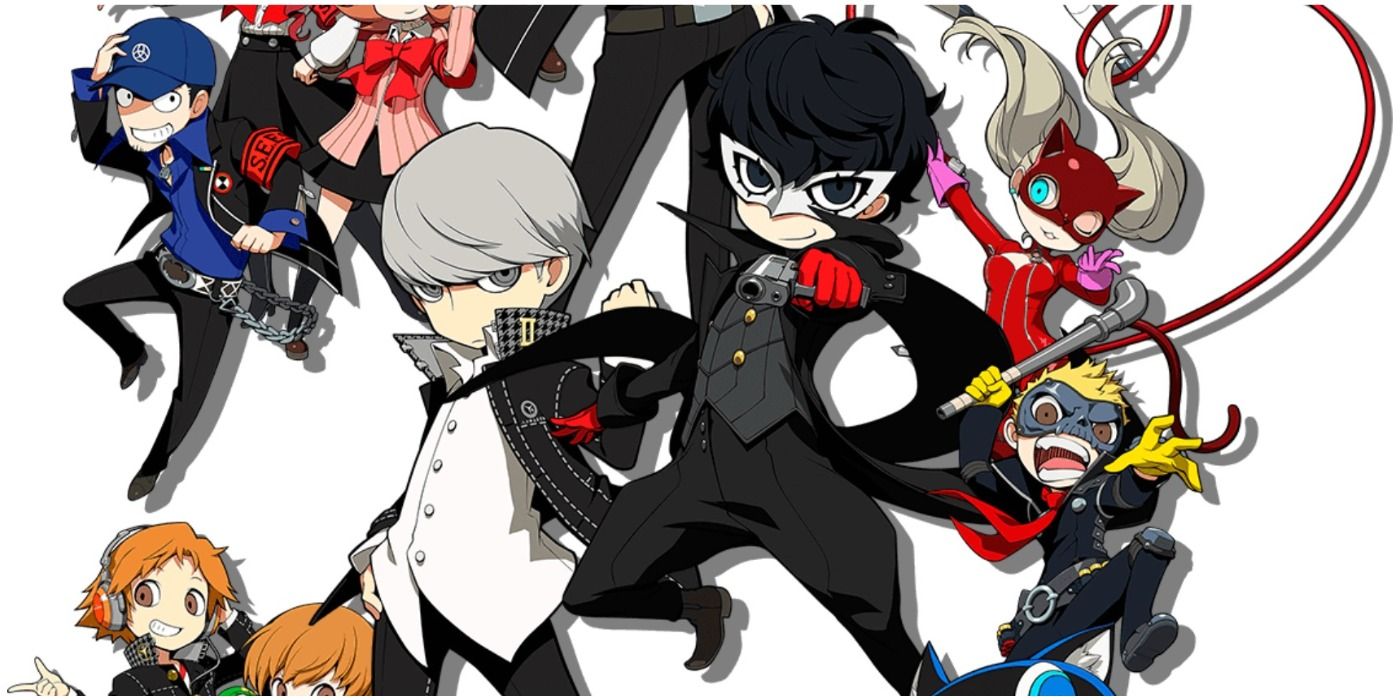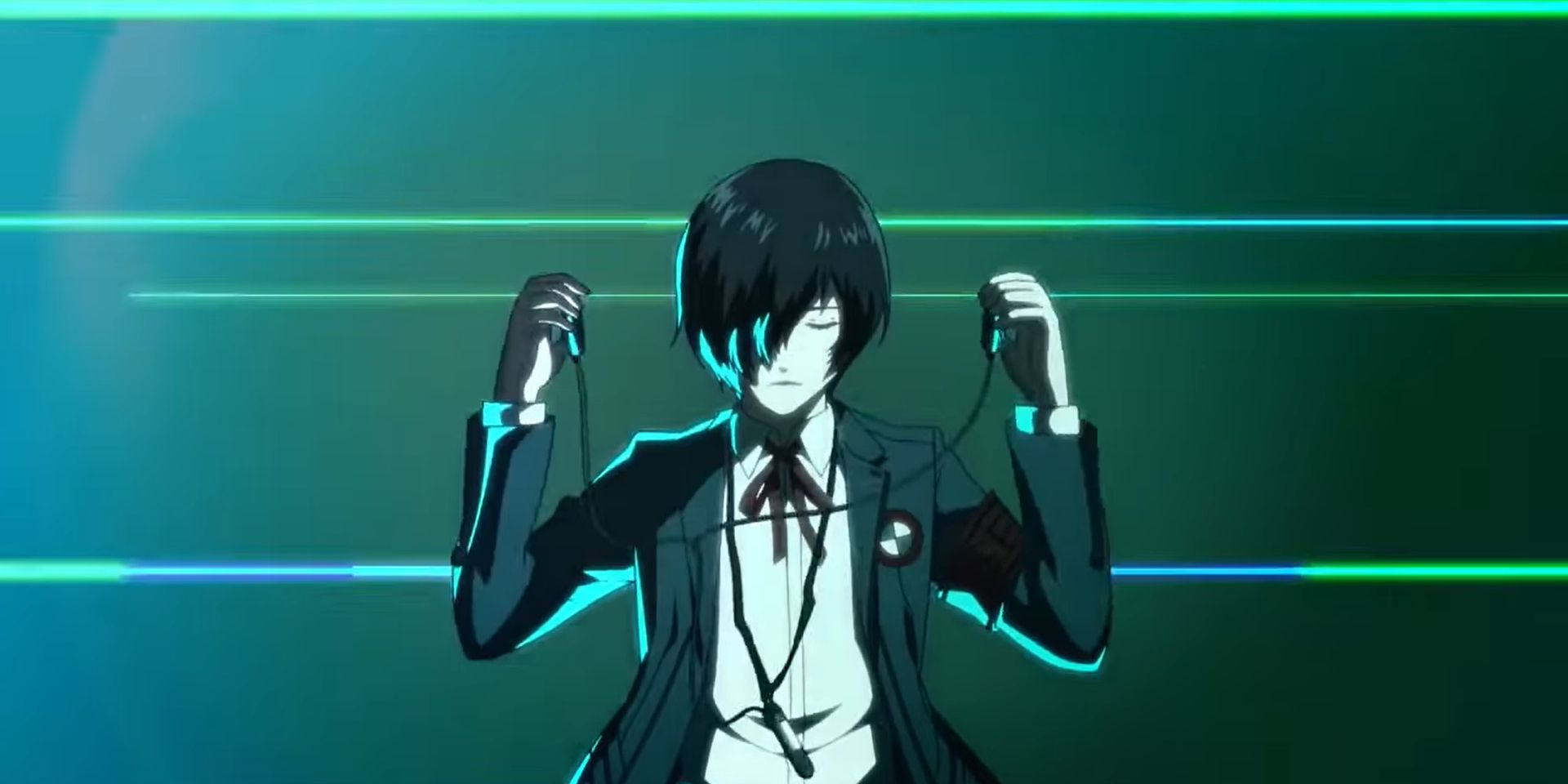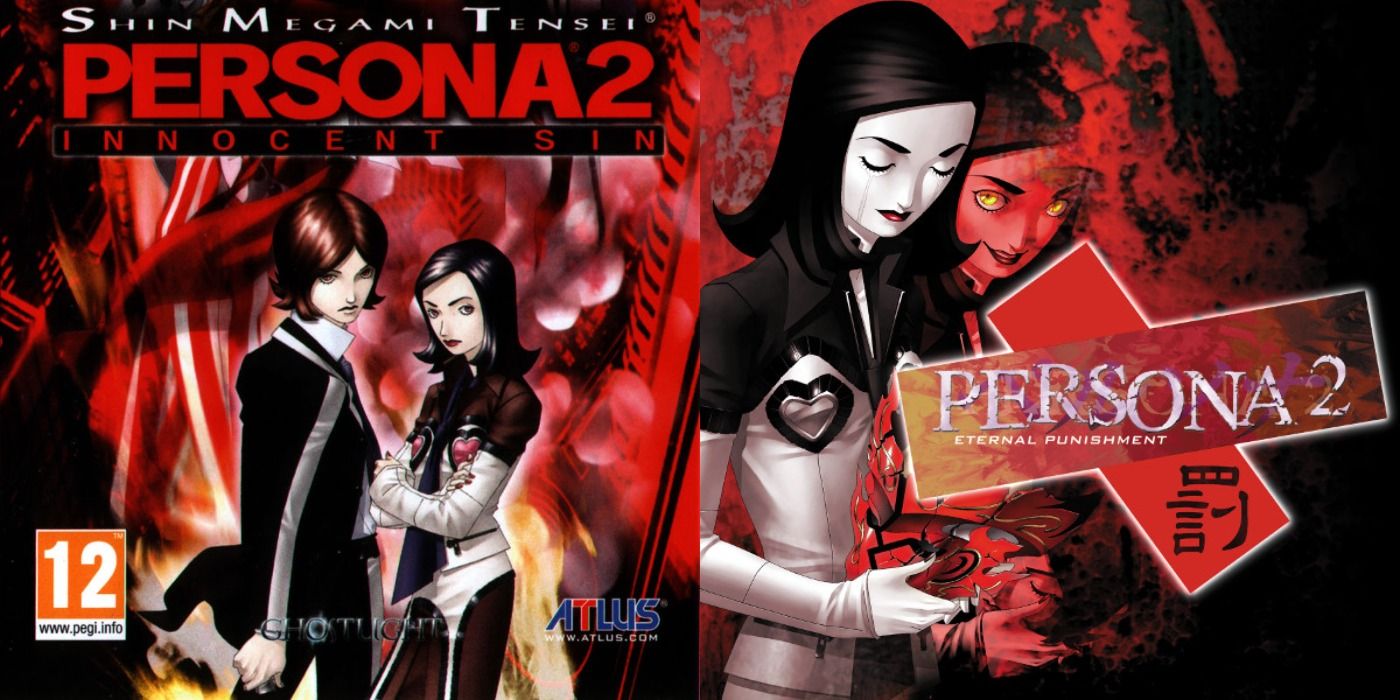2022 marks the 25th anniversary of the Persona franchise and fans are expecting Persona 6 to finally be announced, though there are plenty of Persona games locked to older systems that could use a modern remaster. This is especially true given how the franchise has grown in popularity around the world, and it becomes more difficult to play old titles without needing to spend lots of cash on rare games or resorting to emulation.
Atlus and Sega have shown a lot of support to the PlayStation brand with the Persona series, as all of the mainline Persona games have appeared on PlayStation systems. The only game that has ever had a multiplatform release is Persona 4 Golden, which was released on Steam. It's only in recent years that the Persona spin-off titles have been multiplatform, with Persona 5 Strikers launching on multiple systems, even though Persona 5 was a PlayStation exclusive, Soul Hackers 2 will also be multiplatform, and the Shin Megami Tensei 3 remaster also received a multiplatform release, even if Shin Megami Tensei 5 is currently a Nintendo Switch exclusive. Atlus and Sega have talked about targeting a simultaneous global release for future games, but it still seems as if the platform choice is selected at random.
There are lots of amazing Persona and Shin Megami Tensei games that can only be played on old systems. The popularity of the franchise and the massive player bases on the Nintendo Switch, PS4/5, and Steam mean that there is a huge potential audience for these games that were overlooked in their day. Atlus is a frustrating company when it comes to remasters and remakes, which is why the Persona 25th anniversary celebrations have been underwhelming so far. There are some amazing Persona games that need remasters so that fans can enjoy them without needing to break out their old systems.
The Persona Q Games Deserve A Remaster
One of the most frustrating aspects of the Persona franchise is Atlus releasing spin-offs on systems that don't have the original games. This was recently the case with Persona 4 Arena Ultimax, which is a sequel to Persona 4 Golden, but it's on two systems that don't have Persona 4 or Persona 4 Golden. The Nintendo 3DS suffered from this issue with the Persona Q games, as there were Persona crossover titles in the style of the Etrian Odyssey games, despite there being no Persona games on the Nintendo 3DS.
The Persona Q games are a departure from the mainline Persona games, as they don't have the social link aspect or the schedule-centered adventuring. Instead, the characters from multiple Persona games are dragged into worlds outside of the boundaries of their realities and forced to explore dungeons, in order to win their freedom. Persona Q: Shadow of Labyrinth brought the casts of Persona 3 and Persona 4 together, with the SEES team and the Investigation Team imprisoned in a shadowy school, where they must explore labyrinths and uncover the secrets of two amnesiac students they encounter. Persona Q2: New Cinema Labyrinth adds the Phantom Thieves of Heart from Persona 5 into the mix, as well as the female protagonist from Persona 3 Portable. The three groups must work together, in order to escape from a series of labyrinths that are based on movie genres.
The Persona Q games are first-person dungeon crawlers, with a focus on battling and upgrading gear, as well as avoiding powerful monsters in dungeons by watching their movement patterns. They are a departure from the other Persona games, but they are still a lot of fun, and it's awesome to see all of the characters interacting with each other. The Persona Q games are currently locked to the Nintendo 3DS, so a port to consoles and PC with the English voice cast brought on board would be a great way to celebrate the anniversary of the franchise.
Persona 3 Is A Classic Deserving Of A Remaster Update
Persona 3 is the most important Persona game. Persona 5 may have brought the franchise to mainstream attention, even dragging the Shin Megami Tensei series along with it, but it was Persona 3 that cemented the familiar Persona gameplay style and helped give the series the cult following outside of Japan that it needed to grow. The Persona games before Persona 3 were just extensions of the Shin Megami Tensei formula, while Persona 3 introduced the schedule-based gameplay and social links, where the player's real-life activities affected how well they did in the dungeon.
The reason Persona 3 needs a remaster over Persona 4 is that it's the roughest in terms of visuals and design. Persona 4 received a PS Vita update, in the form of Persona 4 Golden, which was easy to release on PC. The only updated versions Persona 3 received were enhanced versions on the PS2 that added more content, and Persona 3 Portable, which was a notable downgrade in terms of visuals. A Persona 3 remaster that improved the visuals for modern systems and featured some QoL improvements would be a great fit on Nintendo Switch, PC, or PS4/PS5. There have been leaks regarding a Persona 3 Portable release on modern systems, so this could be on the way.
A Persona 2 Remaster Could Finally Give The Duology Its Due
Persona 2 is split across two different games, with the first entry being Persona 2: Innocent Sin and the second being Persona 2: Eternal Punishment. The story of the first game follows high schoolers who discover the existence of a strange creature called Joker, who will answer any wish given to him. The players also discover that rumors can become a reality in a town if they are spread by enough people. It's difficult to talk about the second game without spoiling the story, as it goes in an unexpected direction that's difficult to explain without ruining the twist of the first game.
What's unusual about the Persona 2 duology is that both games have never been localized in English on the same platform. Persona 2: Eternal Punishment was localized on the PS1, while Persona 2: Innocent Sin didn't receive an English localization until the PSP port. The Persona 2 games need a remaster on modern systems that bundle them both together, clean up the visuals to make them look nice on a modern display, tweak the battle system to make it run faster, and maybe alter some of the dungeons to make them less of a grind. The Persona 2 duology has some amazing stories and a modern remaster could iron out some of the frustrating aspects of their gameplay, making it the perfect choice for a modern Persona remaster - all the more desirable after Persona 5 was removed from PS Plus.




